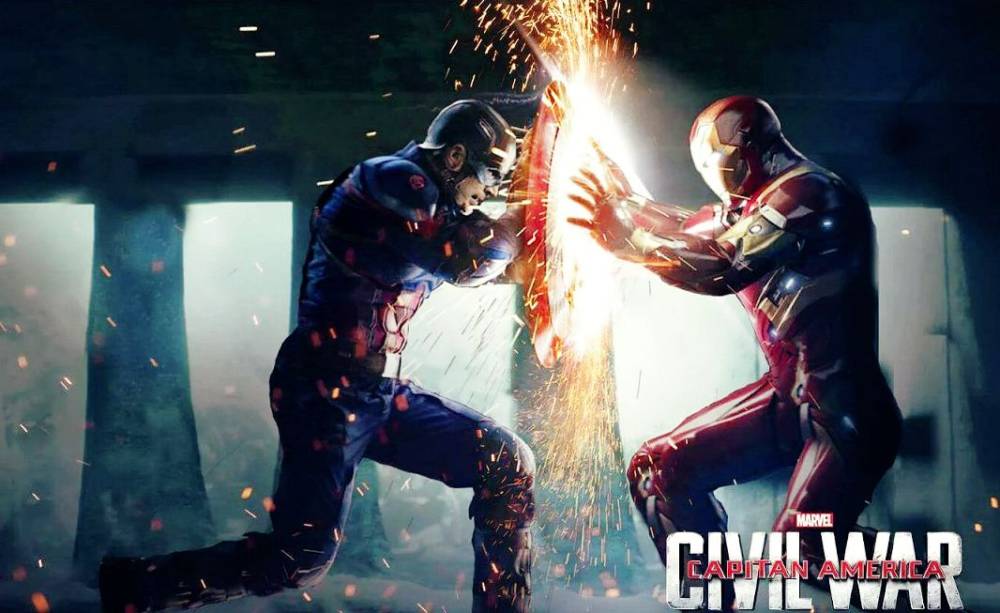Let’s get this out of the way first: “Captain America: Civil War” is arguably the best superhero movie to date and the pinnacle of the Marvel Cinematic Universe. Great climactic showdown? Check. Emotional? Check. Thought-provoking? Check. Satisfying? Check. Despite the movie being basically The Avengers 2.5, it doesn’t go too far away from its titular character as it follows his side of a conflict that affects each and every one of them.
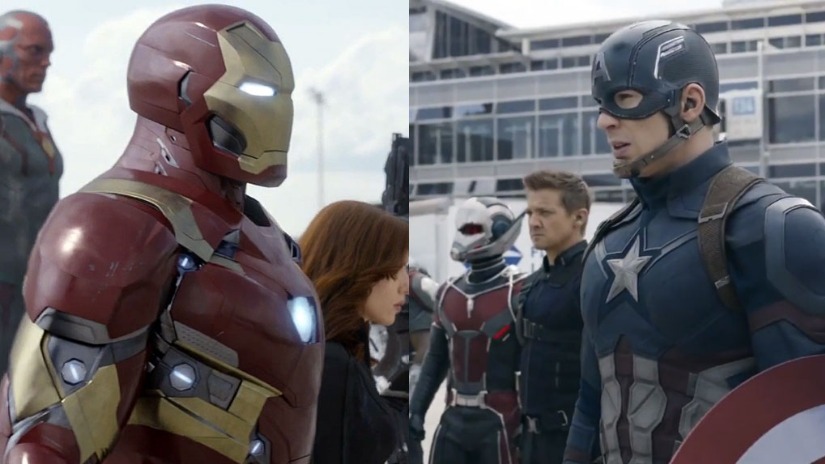
Captain America: Civil War brings Steve Rogers’ arc into full-circle. The reasons why Cap went against Stark and the government whose ideals he embodied is the same reason why he was picked for the super-soldier program in the first place: bravery, moral uprightness and faith in others. The Captain America movies are more thoughtful than the other MCU productions, and this particular one does not disappoint. But what is amazing is that this movie manages to weave in the story-lines of many others, like Black Panther and Spiderman, without making it feel like Cap was short-changed.
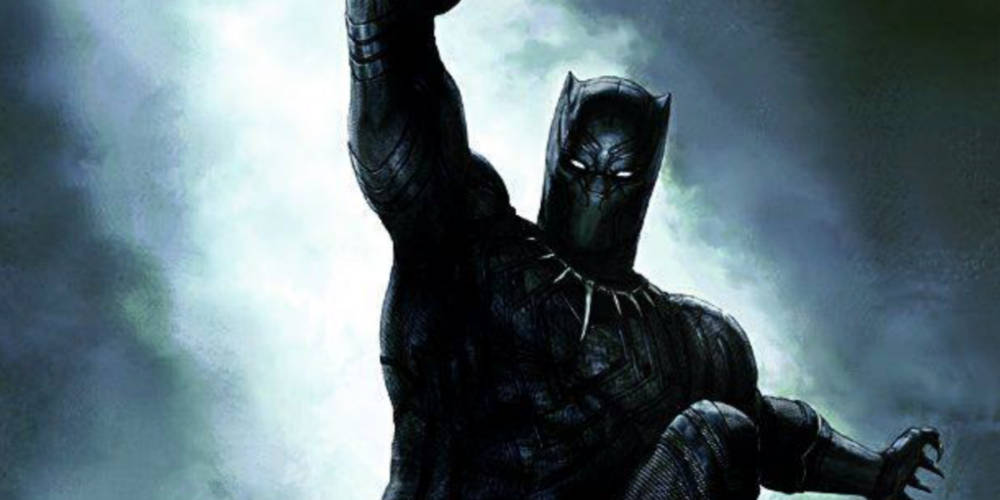
There are two main narratives in Civil War. The first is the building up of collateral damage of the Avengers’ missions. Sokovia (from the Age of Ultron) was bad enough, but a grave error by Scarlet Witch kills innocent civilians in their latest operation. The Sokovia Accord aims to put oversight and accountability into the Avengers by putting them under the United Nations. Tony Stark supports the Accord, Cap doesn’t. While he knows the Accord has its merits, he is wary of putting the Avengers under the control of people with their own agenda.
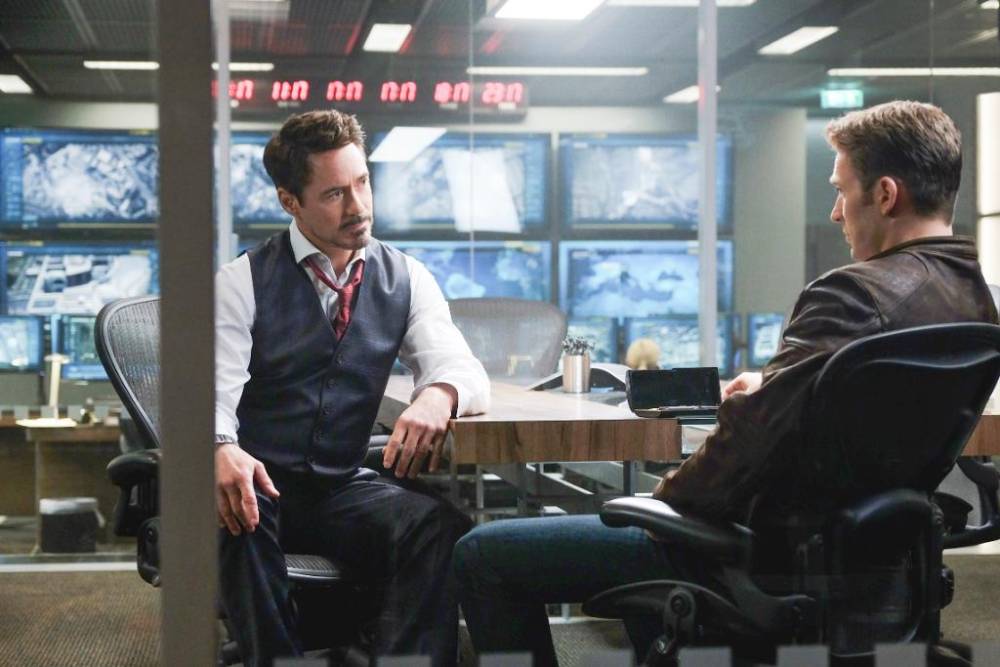
The second main narrative in the movie is that of The Winter Soldier, Bucky Barnes. Framed for the blast at the Accord signing, Bucky is still affected by his being brainwashed by Hydra and still doesn’t quite trust himself. Seeing Steve and Bucky joke around is nothing if not nostalgic and reinforces the feeling that the Captain America arc has come full circle. By the end of the movie, Bucky is almost back, Captain America is now just Steve Rogers, and Peggy Carter has now passed. Towards the end, Bucky asks Steve if he’s worth all the trouble he put Cap into and if you’ve followed all three Captain America movies, you’ll know Steve will answer yes because that’s who he is.
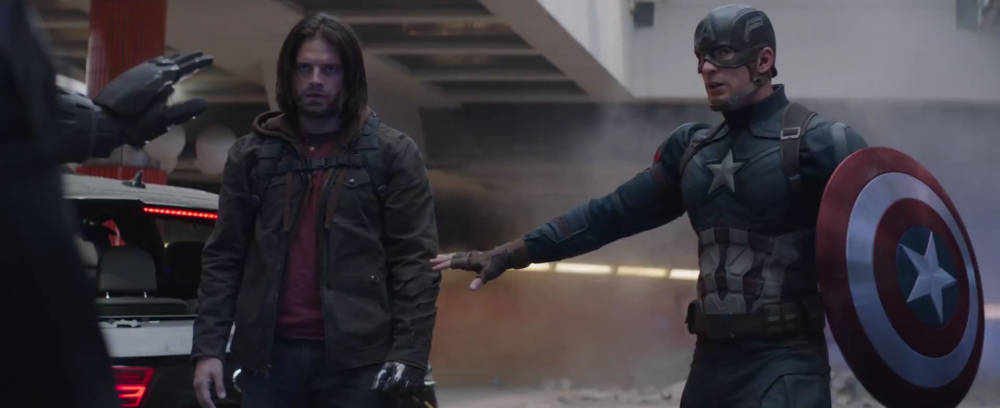
Those two narratives converge and diverge at will and whether that works or not will depend greatly on how well you can follow the story. While I encountered no problems, some people found it difficult to follow, especially with all the sub-plots around. This movie happens in a span of a few days, not much room for significant character development for most of the cast, but enough time for Tony, Cap, Bucky, and Black Panther to lay their emotional cards down. You know why Tony and Black Panther are invested on their side, and we also know why Cap is siding with Bucky against everyone else, but we don’t know why Hawkeye chooses to side with Cap, for example. But for me, that’s OK because the fight goes from professional to personal faster than Quicksilver and you wouldn’t even remember why Wanda didn’t do a tantrum when Vision prevented her from going outside the Avengers complex.
This movie nicely sets up several others, most notably “The Black Panther”, and “Spiderman: Homecoming”, leading in to the two-part “The Avengers: Infinity War”. Don’t let the rosy ending fool you, The Avengers are left broken, now politically tied to the UN, while Cap and his team are most likely branded as criminals. The MCU is one persistent universe with the individual movies contributing to it, pushing the story forward, into one seamless extravaganza. It is so unlike the most recent superhero movie “Batman Vs Superman: Dawn of Justice” where character development was thrown out of the window in favor of trying to look serious and grabbing the opportunity of setting up Justice League despite the overall lack of depth in the DC Cinematic Universe. To illustrate, before this movie, there were two Captain America films, three Iron Man films, two Avenger films, one Incredible Hulk film, two Thor films and one Ant-Man film. That’s why the relative lack of character development was inconsequential because the movie almost expects you to have watched at least two of those films to get a grasp at the running back-story. The audience has had the chance to be acquainted with the major characters before. “BvS” only had one Superman movie, as this Batman didn’t come from the Dark Knight films. Suicide Squad? Not yet shown. The Flash? Great series, but that was just one. The Green Lantern? Don’t get me started there.
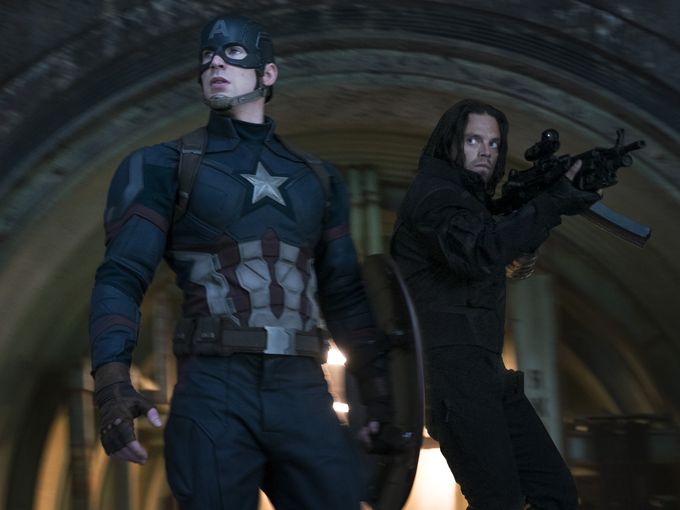
In short, what makes this movie the polar opposite of BvS is that the fans are heavily invested in this Universe from the get-go and that it never overplays the “Gods among men” narrative that the DC films overused. On the same note, the Marvel Cinematic Universe has also invested heavily in its fans, giving them the character development they need to obtain a connection by having released films that nicely ties the mythos together. It’s depth is due to those dual investments, something that BvS certainly lacked.
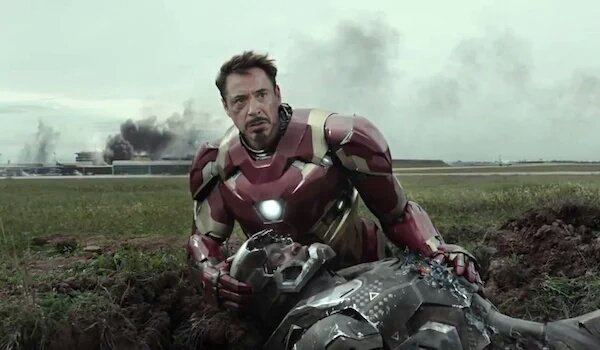
Captain America: Civil War is well worth your time and your money. While it never followed the comics outside of two opposing teams led by Captain America and Iron Man respectively (Crossbones was wasted), it still is a war that tears the Avengers apart. While the pacing of the story might be an issue to some, it is nevertheless a fun experience. That airport free-for-all is one of the most epic battle scenes ever. This movie is truly the pinnacle of MCU. The next one would be hard-pressed to match it.
